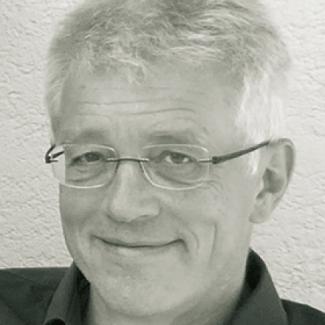When elections cause more problems than they solve
Paul Collier, the British development economist, pointed out years ago that, in very poor countries, elections tend to cause more problems than they solve. In his eyes, democracy promotion in the least-developed parts of the world should be at least as much about building institutions and defining standards of governance as about holding elections. Otherwise, elections will basically be about picking a leader who can then assume close to dictatorial powers.
Post-conflict countries are especially at risk. Elections often trigger fresh violence. Burundi is an example. The country is now on the brink of civil war. Last year it saw mass protests, a failed military coup and many incidents of violence because President Pierre Nkurunziza insisted on running for re-election after having served two terms. Masses fled from the country. After various postponements, parliamentary and presidential elections were indeed held, and Nkurunziza stayed in office. Peace, however, has not been restored.
The Central African Republic is another country that is traumatised by civil strife. In December, a referendum on a new constitution and the first round of presidential elections were held. There were protests and some violent clashes. Voting had to be postponed, but eventually took place. After about half of the votes of the presidential election were counted, two contenders were neck and neck, while 20 other candidates demanded that the counting be stopped and the election annulled. It looks as though there will be a run-off election this month, but it may have to be postponed, and it is not clear whether that country will find peace.
In both countries, the power struggle is distracting attention from urgent issues such as building infrastructure, creating economic opportunities and reconciling the people. A true democracy needs checks and balances and the rule of law, so the institutional order will limit the power of the administrative government. In a post-conflict situation, however, the winner takes all. Whoever becomes president is free to do as he (rarely she) pleases. Cronyism and nepotism often matter much more than any newly drafted constitution. Accordingly, unsuccessful candidates often cast doubt on the legitimacy of the elections as is now the case the CAR, and presidents are unwilling to leave office as we have seen in Burundi.
Perhaps it would be better to hold elections only once a post-conflict country has found some kind of stability under UN rule. The Security Council could assign an international administrator and authorise that person to run the country according to globally accepted standards with an eye to achieving the UN Sustainable Development Goals. The idea would be to start economic growth, create livelihoods and improve standards of life. On that basis, a new constitution and an electoral process could be designed. If – a big if – people feel that things are getting better, they will accept that new order, and elections will not be as dangerous as they tend to be soon after a conflict is over. For good reason, Professor Collier insists that growing prosperity provides a political order with more legitimacy than winner-takes-all elections do.
This idea deserves some pondering. There are huge challenges of course. For instance, the UN peace keepers must behave better than they have done in the CAR. If UN staff abuse minors and perpetrate sexualised violence, they cannot inspire the kind of trust in institutions a post-conflict country desperately needs.


